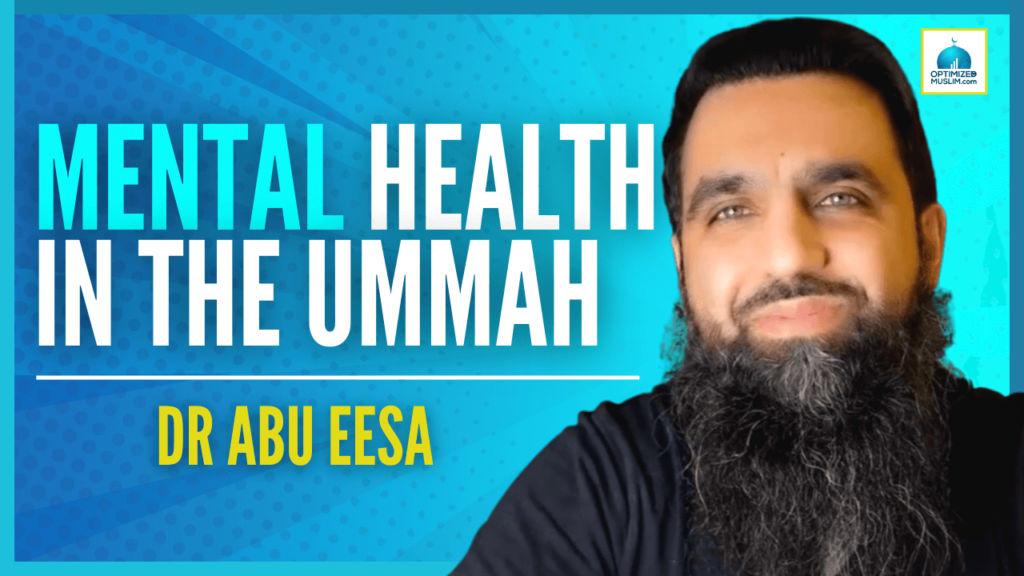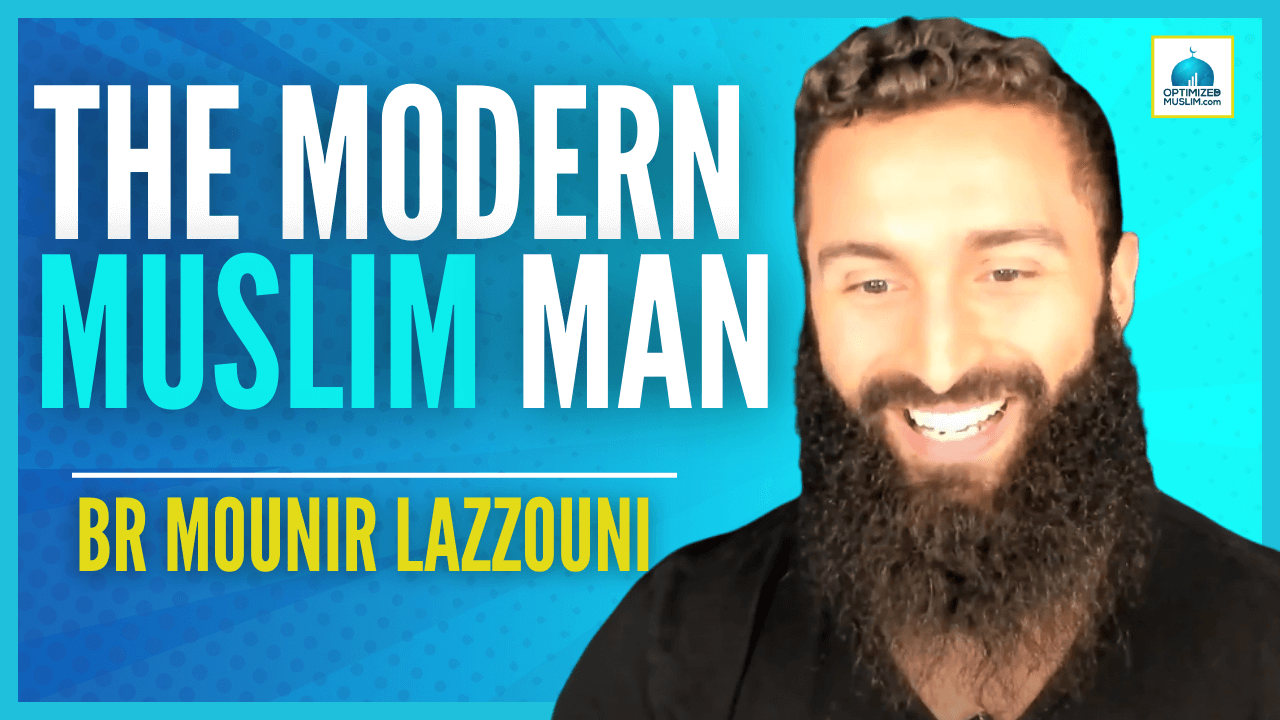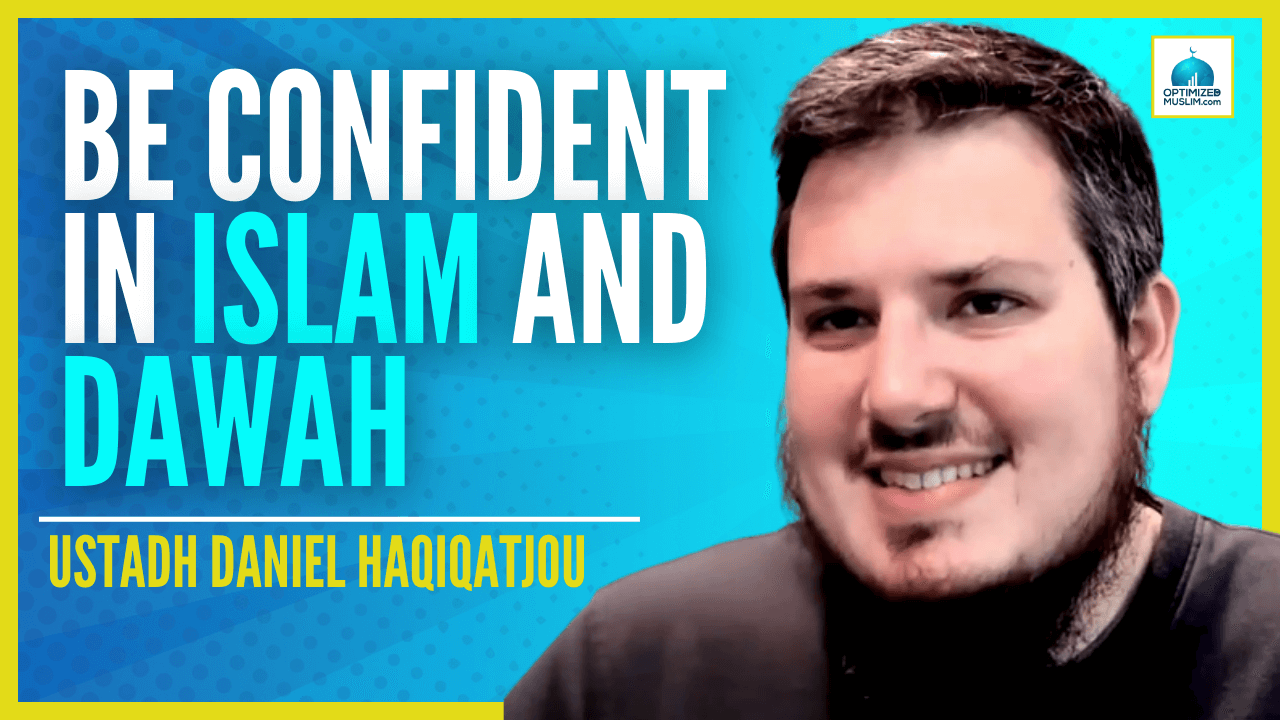Dr Abu Eesa is a consultant child and adolescent psychiatrist specialising in addiction, who is working in Qatar.
He is on a mission to try to integrate therapeutic interventions from Quran and sunnah with the Western understanding and treatment modalities to tackle Muslim Mental Health issues.
Mental Health Issues Commonly Experienced by Muslims
There are many mental health issues that are commonly experienced by Muslims, including depression, anxiety, eating disorders, substance use and abuse, and more. In many cases, these issues can be treated with therapy, medication, and other tools for positive mental health. While each of these issues is unique, there are certain factors that can affect mental health in Islamic communities, which can make these issues more prevalent. Factors that can affect mental health include poor communication skills, lack of education in mental health, lack of support from communities, and lack of culturally appropriate treatment. When these factors are combined, it can make it difficult to promote positive mental health in Islamic communities, especially for those who experience these mental health issues.
Factors That Can Affect Mental Health in Islamic Communities
When discussing mental health in Islamic communities, there are several factors that can affect mental health.
Poor Communication Skills – In many Islamic communities, poor communication skills are common. This can make it difficult to express mental health issues and receive the help that you or someone you know may need.
Lack of Education on Mental Health – In some Islamic communities, mental health is not discussed at all. This can make it hard to understand mental health issues and get help if you or someone you know needs it.
Lack of Support from Islamic Communities – Islamic communities can provide a lot of support and connections, but only if they are open and accepting of mental health issues. If mental health is not discussed or is discouraged, it can make it difficult to get the help that you need.
Lack of Culturally Appropriate Treatment – Mental health services are not always available in Islamic communities, making it difficult to get the treatment that you need if you or someone you know experiences a mental health issue.
Coping Strategies for Mental Health in Islam
There are several ways to promote positive mental health, including self-care practices, positive communication skills, and connecting with others.
Self-Care Practices – Self-care practices are important for mental health in general, but they are especially important in Islamic communities where culture may make it difficult to get the help that you or someone you know needs. These practices can include setting healthy boundaries, cultivating gratitude, and finding time for self-reflection.
Positive Communication Skills – Communication skills are important in all relationships and settings, but they are especially important when discussing mental health in Islamic communities. Using positive communication skills can promote mental health by helping you to express your needs without making others feel pressured or making them feel inadequate.
Connecting with Others – Connecting with others is important for mental health in general, but it is especially important in Islamic communities where it can be difficult to get the help that you or someone you know needs. Connecting with others can be helpful in many ways, including receiving support and getting connected with mental health services.
Promoting Mental Wellbeing in Islamic Communities
There are several ways to promote mental wellbeing in Islamic communities. The first step is to ensure that mental health is discussed and that there is an open space for people to talk about their mental health. This can be difficult in some Islamic communities, but it is important, as ignoring mental health can make it harder to get help and can keep people from getting the treatment that they need. The next step is to ensure that positive mental health practices are encouraged. This can be done by discussing self-care practices, positive communication skills, and connecting with others. Finally, it is important to ensure that mental health services are available in Islamic communities. This includes finding culturally appropriate treatment for mental health issues and creating a safe space for people to talk about their mental health.
Working with Mental Health Professionals in Islamic Communities
Working with mental health professionals can be a key factor in promoting positive mental health in Islamic communities. It can be difficult to find culturally appropriate mental health services in some Islamic communities, but it is important to seek out professionals who understand your culture and have experience working with Islamic communities. It is important to discuss your specific needs with mental health professionals so that they can provide you with the help that you need. It is also important to check their credentials and make sure that they are licensed to provide the services that you need. Finally, it is important to remember that you are not alone, and there are people out there who can help you.
HIGHLIGHTS:
00:00 Preview and Intro
04:15 Dr Abu Eesa’s background and journey into psychiatry
10:10 Integrating western medicine with the Islamic understanding
14:30 Jinn possession and Mental Health
18:00 story of a brother smoking Cannabis and its deleterious effects
26:16 Hafiz Quran gets affected by Jinn
31:00 Depression
34:00 chemical imbalance theory of depression- debunked?
38:30 Abu Zayd Al Balkhi
40:00 Managing treatment
41:40 Why are mental health issues on the rise?
47:30 Tazkiyyah al nafs -should everyone have a therapist?
52:00 mindfulness and meditation, tahajjud
56:00 Trauma
01:02:30 How Dr Abu Eesa separates work from personal emotions
01:04:30 Typical day/week in the life in Qatar
01:08:00 Jinn Stories: A couple who were both possessed by Jinn
RESOURCES/LINKS
Abu Zayd Al Balkhi’s Sustenance of the soul by Dr Malik badri
Dr Abu Eesa’s Twitter: https://twitter.com/DrAbueesa









